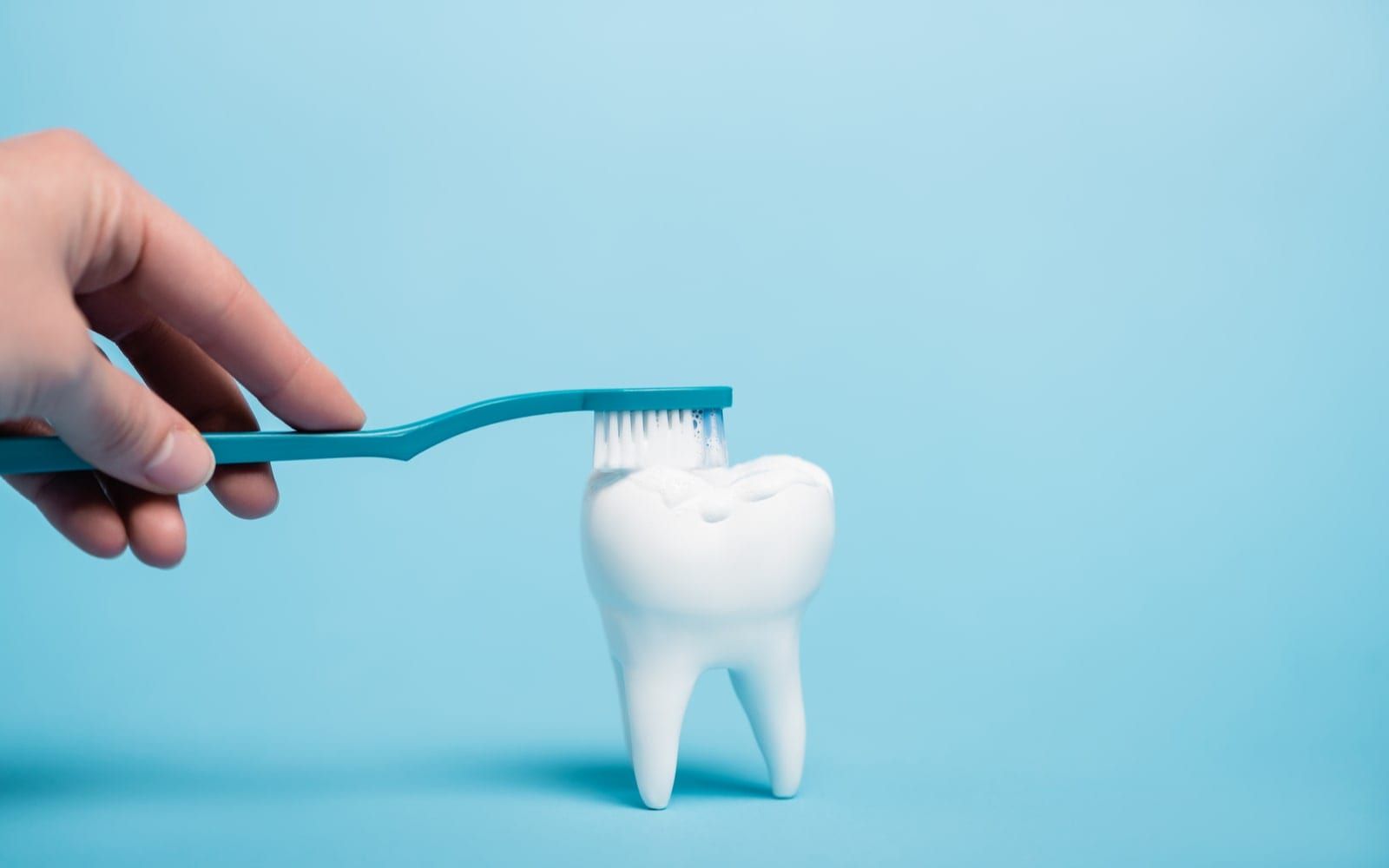How Glass Ionomers Can Help Partially Erupted Teeth

Preventing tooth decay comes in many forms, and for your children, practicing good oral hygiene is the best way to do so. But sometimes, those back molars can be super hard to reach and tend to collect more bacteria than most. Your dentist may recommend applying a sealant to those tricky molars to protect them from cavities. But what sealant is the best for your child’s teeth? Here, we’re going to look at the benefits of glass ionomer, a type of dental cement that provides a protective covering for the tooth and shields them from bacteria and food particles.
What Are Glass Ionomer Sealants?
Sealants are an incredibly effective thin, protective coating made of plastic materials. For teeth at high risk of decay, such as children’s molars, these sealants are painted to keep cavities from forming. The material they’re made makes them smooth over the teeth’ grooves effortlessly and hardens immediately, making it an excellent solution for emerging molars. According to the American Dental Association, the sooner children get sealants, the better dental health they’ll have because it can reduce dental decay by over 80% throughout the back teeth. It also reduces the risk of expensive dental fillings and crowns later on in life. So, what makes glass ionomers so great?
- Quick Hardening: Glass Ionomer cement is made of water, polymeric acid, and glass powder, and when mixed, create a paste that hardens within a few minutes and has similar aesthetics to natural teeth.
- High Aesthetics: While composite resins are normally used for this treatment, glass ionomers contain organic materials and a glass filler that releases fluoride over time, according to the FDA.
- Easy Absorption: Molars, because of their location, tend to be difficult to treat with sealants, especially emerging teeth because of the surrounding tissues and saliva impacting them. Glass Ionomer sealants easily absorb more fluids while attached to the tooth’s enamel,
- Fluoride Release: When compared, glass ionomer cement and composite resin cement are effective materials for preventing cavities, but because of their fluoride-releasing components, the material adds more stability. Fluoride is a mineral that’s been shown to reduce cavities by binding to the enamel and creating a more fortified surface against bacteria.
Preventing Tooth Decay For Your Children
Glass ionomer sealants are considered to be an excellent way to protect your child’s teeth from cavities, but it isn’t the only solution at your disposal. The best place to begin learning about treatments for your child’s teeth is by contacting your dentist and learning what they recommend for their oral health. What’s best for your child all depends on their specific needs. While glass ionomers are a preventative choice, it does not replace brushing and flossing. Make sure to have them floss and brush their teeth every day and night and make their yearly visits to their dentist. All of these tips will help improve your child’s oral health and help prevent future cavities so they can have happier smiles.

